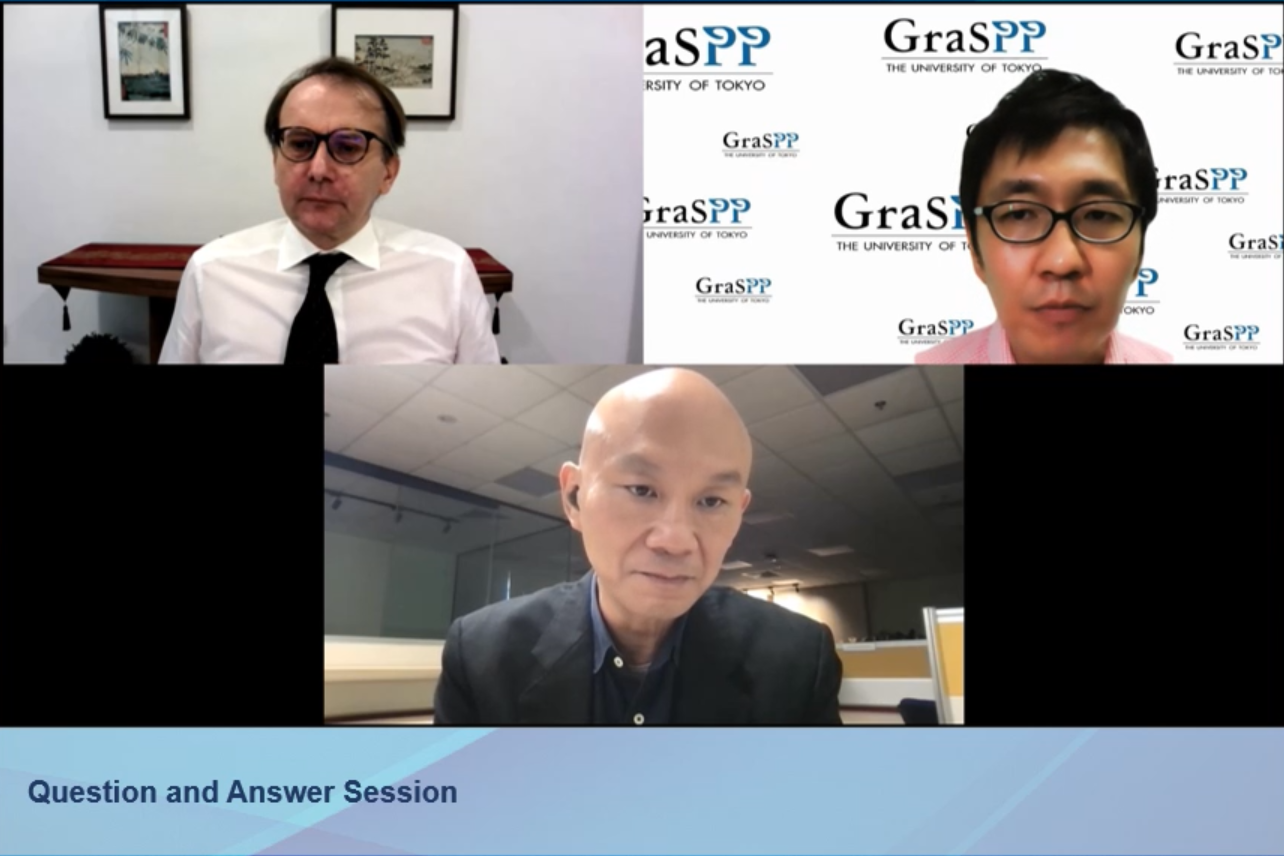

On 28 July 2021, the Centre for Non-Traditional Security (NTS Centre) at RSIS hosted a webinar entitled “Climate Change and Communities – a Human Security Perspective”. Moderated by Dr Tamara Nair, Research Fellow at NTS Centre, this webinar brought together four experts from the region: Assistant Professor Oscar A. Gómez, Assistant Professor at the Ritsumeikan Asia Pacific University in Japan; Dr Maria Tanyag, Lecturer at the Australia National University; Dr Serina Rahman, Visiting Fellow at the ISEAS-Yusof Ishak Institute and Adjunct Assistant Professor at the National University of Singapore; and Associate Professor Alan Chong, Associate Professor, Head of Centre for Multilateralism Studies, RSIS.
This webinar discusses the issue of climate change through an alternative framing — in this case, a human security lens — in addition to the current narratives around climate change. In line with this, the panellists discussions were centred around topics such as the human security perspective of climate change, the specific vulnerable communities affected by climate change in Southeast Asia, the importance of feminist perspectives on the causes and effects of climate change, as well overall global environmental governance.
After the engaging presentations from each panel member, the session was opened to the floor. Topics raised during the Q&A session included the ways in which multilateral organisations, governments and other stakeholders are able to support vulnerable communities facing climate change, the debate between science and politics in human security, the role of political will in disaster management, as well as the concept of resilience being the potential excuse for governments to shirk their responsibilities. Overall, this webinar was able to explore the question of how the framing of climate change through a human security lens might ensure the security and stability of communities in a new climate future.
Catch it here on the RSISVideoCast YouTube channel:
























